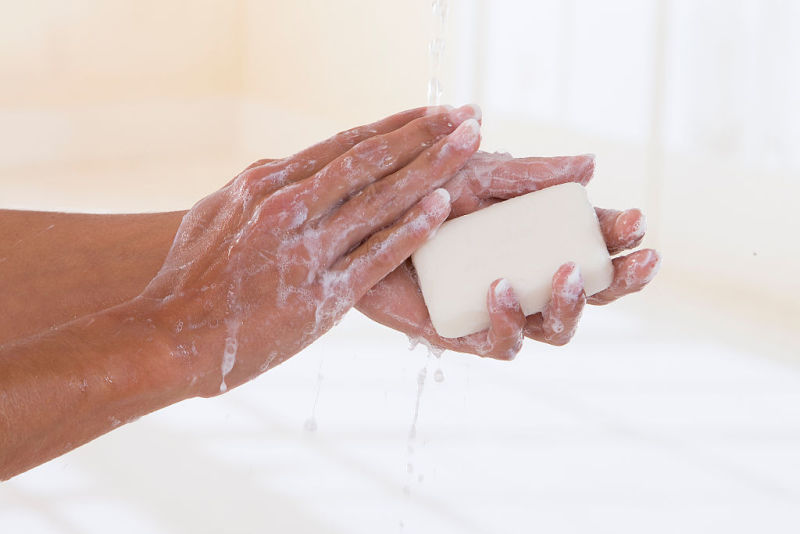-
Tips for becoming a good boxer - November 6, 2020
-
7 expert tips for making your hens night a memorable one - November 6, 2020
-
5 reasons to host your Christmas party on a cruise boat - November 6, 2020
-
What to do when you’re charged with a crime - November 6, 2020
-
Should you get one or multiple dogs? Here’s all you need to know - November 3, 2020
-
A Guide: How to Build Your Very Own Magic Mirror - February 14, 2019
-
Our Top Inspirational Baseball Stars - November 24, 2018
-
Five Tech Tools That Will Help You Turn Your Blog into a Business - November 24, 2018
-
How to Indulge on Vacation without Expanding Your Waist - November 9, 2018
-
5 Strategies for Businesses to Appeal to Today’s Increasingly Mobile-Crazed Customers - November 9, 2018
FDA bans certain OTC antimicrobial hand, body wash
“In fact, some data suggests that antibacterial ingredients may do more harm than good over the long-term”, she said. But the U.S. government has said old-fashioned soap and water is more effective than anti-bacterial products.
Advertisement
Back in 2013, the FDA first proposed the ban and called on soap manufacturers to submit data that would show that their products were both harmless and could out compete plain soap in de-germing humans.
The rule applies to products – such as liquid soaps, bar soaps and body washes – that contain one or more of 19 active ingredients, including the most commonly used, triclosan and triclocarban.
The agency said manufactures are moving towards removing the ingredients from their products altogether.
The FDA said consumers might believe that they are using the antibacterial products to prevent the spread of germs, but there has been no scientific proof or study that it is any better than ordinary soap.
The agency said it took this action over concerns that antibacterial soaps might be contributing to bacterial resistance.
The FDA concluded antibacterial soaps could actually help certain strains of bacteria become resistant to medicine. Manufacturers will have one year to comply with the rulemaking by removing products from the market or reformulating (removing antibacterial active ingredients) these products. Triclosan may also affect thyroid and reproductive hormones according to laboratory studies in rodents and frogs.
The FDA deferred by a year its ruling on three additional ingredients used in consumer wash products – benzalkonium chloride, benzethonium chloride and chloroxylenol (PCMX) – to allow for the development and submission of new safety and effectiveness data for these ingredients.
The ACI also disputed the FDA’s statements about the efficacy of antibacterial soaps, saying they’re safe for consumers to use, and “critical to public health because of the importance hand hygiene plays in the prevention of infection”.
Of the 19 chemicals identified, triclosan, a commonly used and potentially unsafe element in antibacterial soaps, has been taken off the market. If they can’t, the products will have to be reformulated or relabeled.
The agency says manufacturers have not shown that these products are any more effective than plain soap and water in preventing illness or stopping the spread of certain infection.
Advertisement
Michele claimed that the FDA had asked soap manufacturers for data proving that the long-term use of the antibacterial soaps was safe and effective but had failed to do so, according to the Washington Post.





























